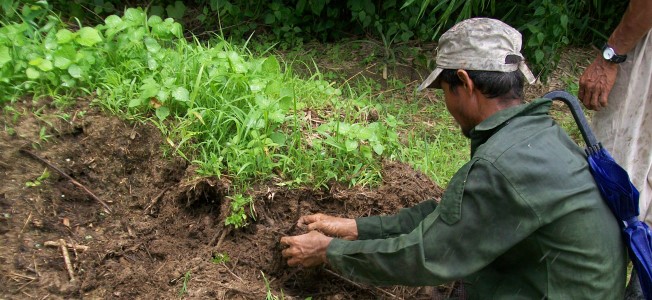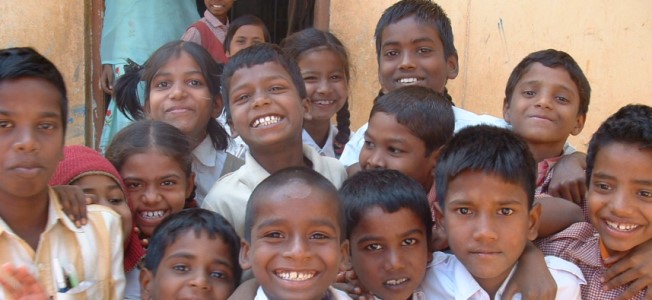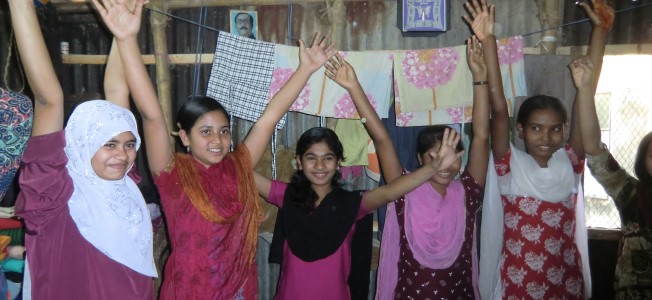In April 2011 thirty eight adults coming from 5 states and other high school youth attended a 2 week agricultural training organised by CEDAR’s partner MFDC in Yangon. CEDAR Agricultural Consultant D. Armstrong has been a volunteer of this programme in past 4 years. This year training lessons were on making of compost, preparation of banana planting materials, planting in rotation and fallow principles, techniques on sowing small seeds in a plot and planting seeds of different sizes and a session on rice & demonstration of fertilizer & lime for rice.
After this 2 week training, our consultant and one expert on rice cultivation visited Pathein Township to make a field visit to 3 course trainees who came from the Irrawaddy Delta region which was previously hit by a super cyclone in May 2008. One of the course trainees W is looking after a group of people who are mostly Christian and have been told to move out by their non-Christian families. W supports the villagers in spiritual and practical ways through the establishment of a community and guide the villagers how to get better yields from the land. W already seen an improvement on his paddy land after following the teaching from last year course, that is to add lime in the soil. This year he got 30 baskets of rice from each acre of paddy land, an increased from last year 25 baskets/acre. W is very hopeful by using improved rice seed, in three years time he will harvest 60 baskets/acre of land. This year two youths from his area also joined the training. One youth Zaw has attained Grade 9 education level but he is a very good farm worker, keen to learn new techniques and willing to share with other villagers. Zaw is learning to make heaps of compost as organic fertilizer. He is also helping to propagate fruit trees and trying new ways to manage insects and pests by applying non-chemical natural insecticides. Zaw will like to start a small nursery, something he learnt at the training, after this year planting of the paddy field season. This way he can save some costs and at the same time can share his tree saplings to people in his community. CEDAR is delighted to witness how course participants benefit from the Agricultural training programme and ways that they are sharing their knowledge and fruits to people in their community.
















